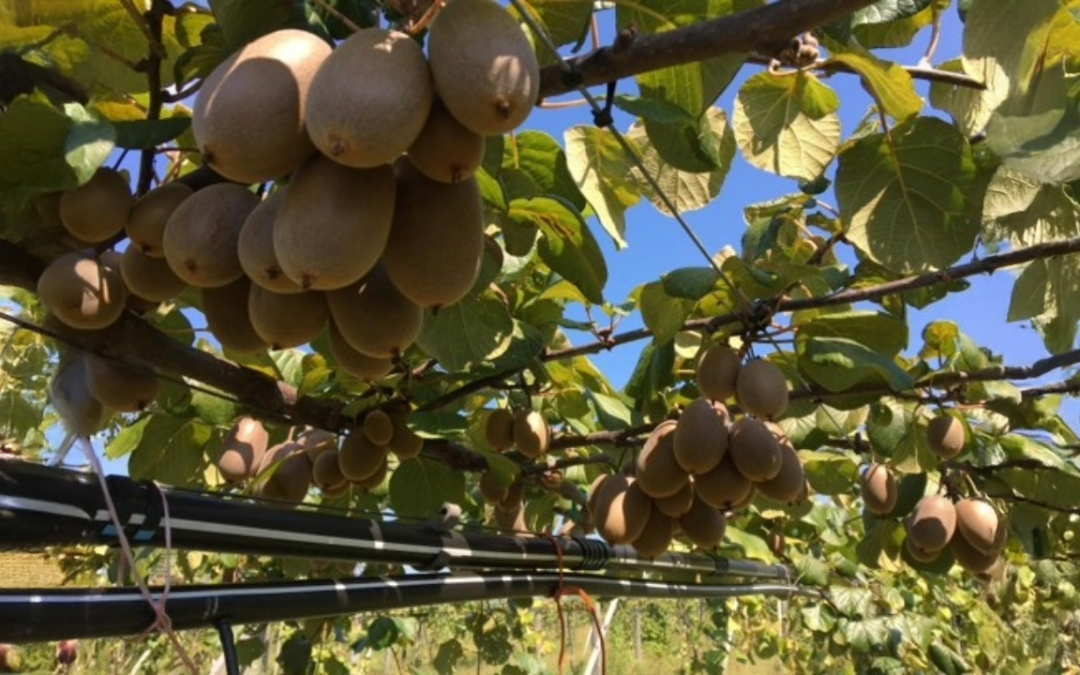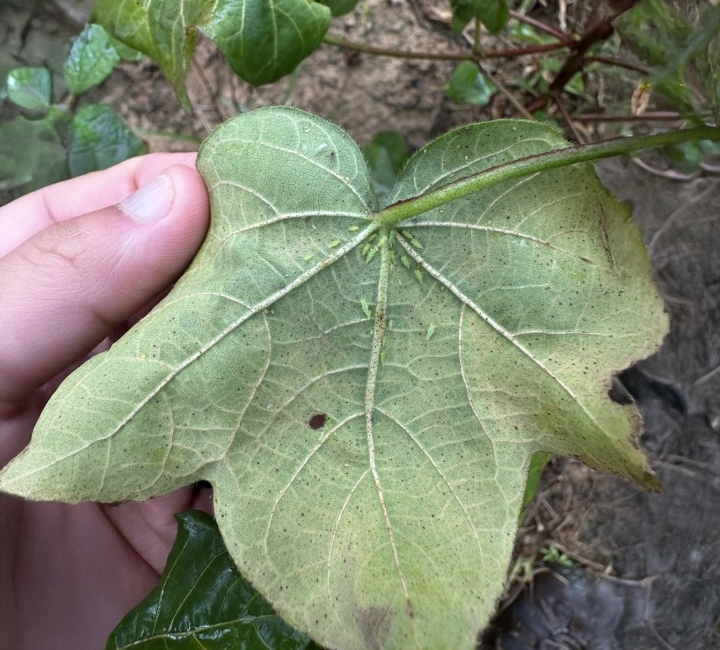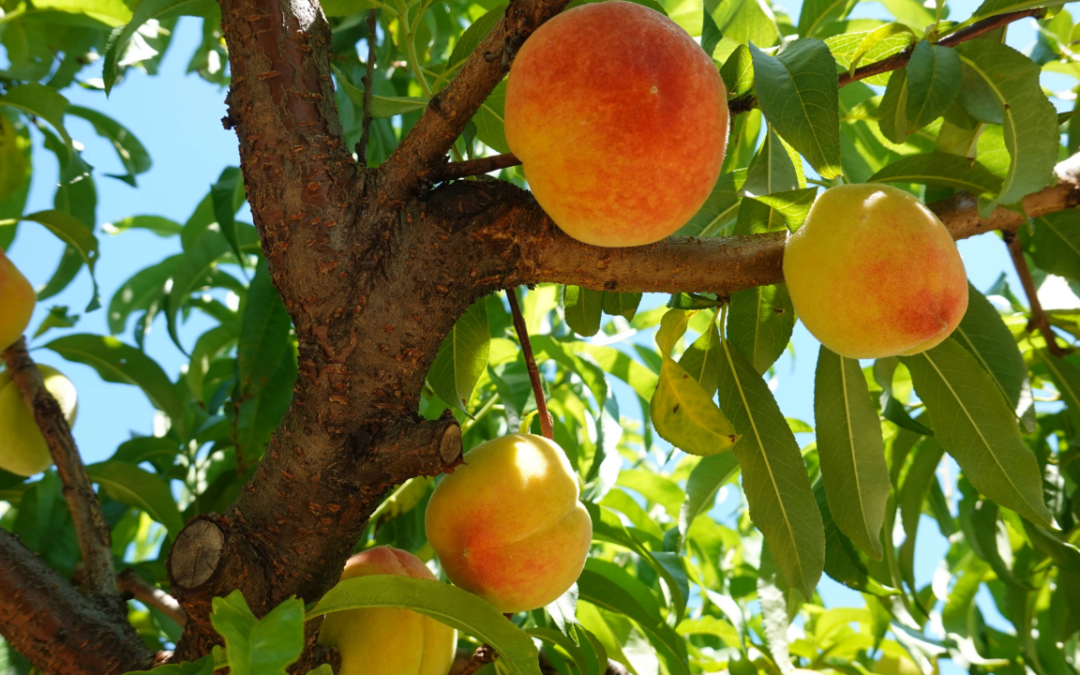The USDA National Institute of Food and Agriculture recently awarded a $3.9 million, five-year grant to a team of researchers to enhance honey bee health for pollination of specialty crops.
Auburn University associate professors Geoff Williams, from the Department of Entomology and Plant Pathology, and Cissy Ballen, from the Department of Biological Sciences in the College of Sciences and Mathematics, received $723,260 of the grant to contribute to developing and deploying novel tools to support varroa mite integrated pest management (IPM). The varroa mite is a leading cause of honey bee colony loss in the United States.
The project will address resistance to common chemical treatments used by beekeepers, development of novel cultural and chemical control methods, as well as barriers to beekeeping learning and adoption of best practices, with the goal of reducing honey bee colony losses and maximizing the strength of colonies available for crop pollination.
Other researchers participating in this project include Reed Johnson of The Ohio State University, Brittney Goodrich of the University of California – Davis, Steven Cook and Frank Rinkevich from the USDA-ARS, Lewis Bartlett from the University of Georgia, Medhat Nasr from the Saskatchewan Beekeepers’ Development Commission (Canada), and Matthew Mulica from the Keystone Policy Center.





